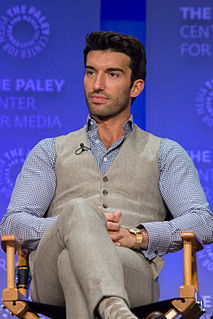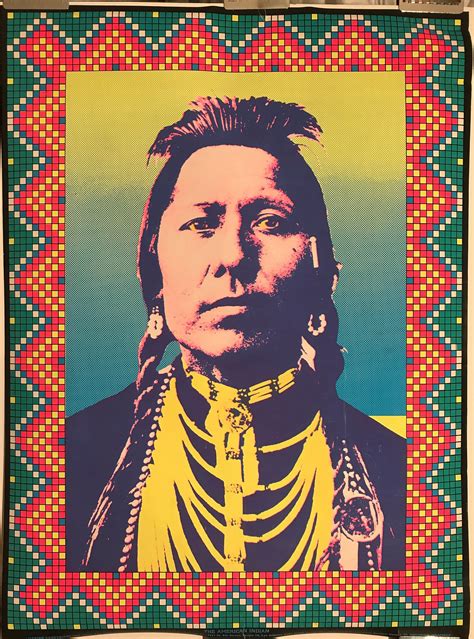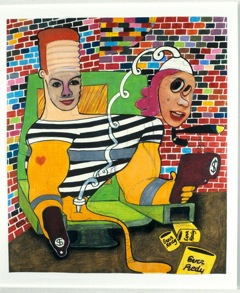A Quote by Peyton Hillis
I like to look at it as things and people and whole society in general being uneducated about facts. There are a lot of stereotypes. But I don't see color, I don't see race.
Related Quotes
Steve Jobs was not an engineer: He was a brilliant individual with this ability to see around corners, to see things that other people couldn't see. I've learned over the years in the Apple that there are some really talented people who can take the same evidence, the same facts, and look at them and see them in a way that interprets those facts entirely different than most people do.
I like art that challenges you and makes a lot of people angry because they don't get it. Because they refuse to look at it properly. Rather than open their mind to the possibility of seeing something, they just resist. A lot of people think contemporary art makes them feel stupid. Because they are stupid. They're right. If you have contempt about contemporary art, you are stupid. You can be the most uneducated person in the world and completely appreciate contemporary art, because you see the rebellion. You see that it's trying to change things.
Because dead people are just like you and me, they still want things. They look at us all the time, and they miss being alive. We have taste and color and smell and feelings, and they don’t have any of those things.
They stare at us, they don’t miss anything. They really see what’s going on, and we hardly ever really see that. We’re too busy thinking about things and getting everything wrong, so we miss ninety percent of what’s happening.
When I see a face, I see a face in general and I see you are curious, I see the curiosity but I don't not look after a dermatological report of your cheeks, and that's what you see when you're too high-resolution. And now desperately in post-production, in color grading, they are trying to wipe out the precision of the dermatological report.
One must see in every human being only that which is worthy of praise. When this is done, one can be a friend to the whole human race. If, however, we look at people from the standpoint of their faults, then being a friend to them is a formidable task............ .....Thus is it incumbent upon us, when we direct our gaze toward other people, to see where they excel, not where they fail.
I'm proud to be biracial, and there's a lot of people that say things like, 'I don't see color,' and I completely understand that, but I think different is beautiful, but I think our difference shouldn't separate us, and for me in this era, in this time, in everything that we're going through, my whole thing is just about unity, man.
People approach people of color with preconceived ideas. I don't think this is just restricted to white people, but I think that lots of black and white artists, when race is a subject matter, they put race or the ideology around race first. They don't see the person and the complications of the human being.
Our focus on melanin and people's skins - can't we talk about the diversity of ideology? Can't we look at people for their minds and what they can contribute? And I'd like to see us go more toward a respect for people's ability to contribute, and I actually want to get to a society where we disregard race.
When you talk about the mental health problems, when people come back from war and combat and they see things that maybe a lot of the folks in this room have seen many times over and you're strong and you can handle it. But a lot of people can't handle it. And they see horror stories. They see events that you couldn't see in a movie, nobody would believe it.






































